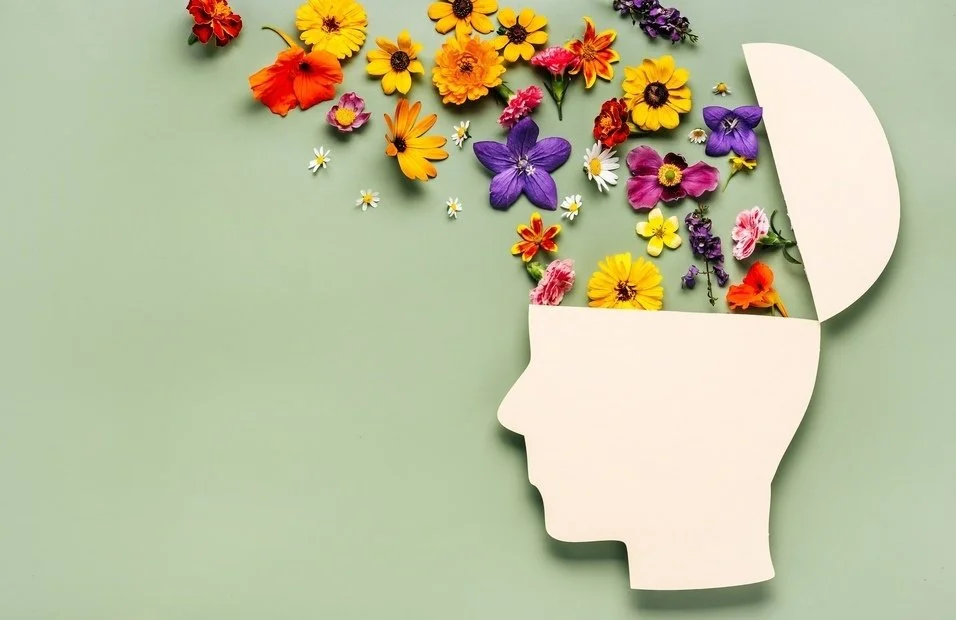Sleep and Mental Health
With National Sleep Awareness Week approaching, it’s important to highlight how sleep impacts our mental and physical health. Your quality of sleep is directly connected to your personal health.
Sleep deprivation affects your psychological state, and those who have mental health disorders are more likely to suffer from insomnia.
According to the Sleep Foundation, around 40% of people with insomnia are also affected by a mental health disorder. More than 75% of adults with depression also struggle with insomnia. Of the people with PTSD related to military combat, 90% of them have symptoms of insomnia.
There is a circular relationship between sleep and mental health. Sleep deprivation can trigger mental health disorders and or worsen conditions and established mental health disorders can negatively impact sleep quality.
Very few Americans achieve the recommended amount of sleep each night. A study from the CDC reports that 35% of people get an insufficient amount of sleep on average. According to the organization, short sleep duration is defined as less than 7 hours of sleep per 24-hour period.
Besides mental health disorders, a lack of sleep can also impact your daily moods. You probably know that you’re more irritable and cranky on days when you got little or poor sleep the night prior.
So, we understand that sleep is important. What steps can we take to improve our quality of sleep?
How much sleep do you really need?
Every person is unique when it comes to the exact amount of sleep you need to function properly each night, but most people fall into a common range depending on their age.
Children need more sleep than teenagers and adults due to their developing brains. Newborns need 14-17 hours of sleep each day which includes daytime naps. Toddlers need between 9 and 14 hours of sleep. Children from pre-school to elementary school age should strive for 9 to 11 hours.
As children get older, the amount of sleep they need for optimal function and development decreases. Teenagers should get between 8 and 10 hours of sleep.
Finally, while there is no one-size-fits-all for the amount of sleep adults need, those between the ages of 18 and 64 should be getting 7 to 8 hours of sleep a night.
What is sleep quality and how do you achieve it?
Sleep quality is the measure of how well you sleep. There are a few different terms that collectively determine sleep quality. These include sleep latency, sleep waking, wakefulness, and sleep efficiency.
Sleep latency is how long it takes you to fall asleep, while sleep waking is how often you wake up during the night. Wakefulness is the number of minutes you spend awake a night and sleep efficiency is the total number of minutes you spend sleeping during the night.
Here’s how you can calculate your own sleep quality: Take your total minutes in bed minus how many minutes it took you to fall asleep and how many minutes you spent awake during the night. Divide that number by your total number of minutes in bed and multiply the result by 100 to get your sleep efficiency percentage.
For example: 540 (total minutes in bed) – 30 (minutes to fall asleep) – 10 (minutes awake during the night) = 500 (actual sleep time in minutes). 500 / 540 = .926 x 100 = 92.6% sleep efficiency.
Tips on making your bedroom the perfect sleep haven
1. Darken Your Room
Dim your lights as you’re winding down to fall asleep. Dimming lights let your brain know that it’s almost time for sleep. If your curtains do not sufficiently keep the light out during the night or in the early morning, try using blackout curtains.
2. Lower the temperature
If your room is too warm, it can cause fitful sleep. When you fall asleep, your body naturally decreases its internal temperature and keeping your bedroom cool can help you stay asleep. Typically, the best temperature to sleep in is between 60- and 67-degrees Fahrenheit.
3. Invest in a comfortable mattress and sheet set
Find out if you prefer a softer or firmer mattress and invest in one that you find very comfortable. Use pillows that are firm enough to support your head and neck. In addition, a high-quality set of sheets that do not get to hot or cold and that you find enjoyable can help you fall asleep and stay asleep.
4. Reduce noise
If you live on in a busy neighborhood or have loud roommates, try using a white noise machine. It can help drown out external noise and allow you to focus on sleep. Also, if you’re looking to achieve a higher quality of sleep and usually fall asleep with the TV on, try turning it off before you fall asleep. TVs can make us wake up more often in the night.
Are you struggling to achieve high quality sleep? Is sleep deprivation making your mental health worse? Please reach out to us. Our team of therapists is here to provide support and guidance. We look forward to connecting with you.






